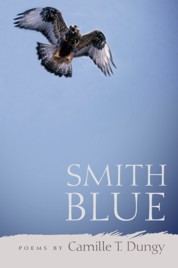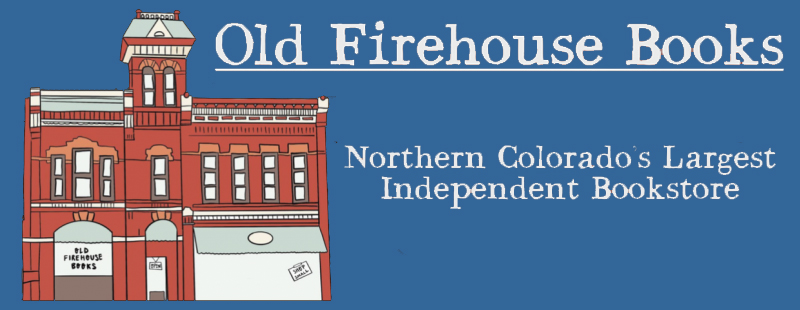Smith Blue

Winner of the 2010 Crab Orchard Series in Poetry Open Book Prize
Southern Illinois University Press, June 2011
Smith Blue offers a survival guide for the modern heart as she takes on twenty first-century questions of love, loss, and nature. From a myriad of lenses, these poems examine the human capacity for perseverance in the wake of heartbreak; the loss of beloved heroes and landscapes; and our determination in the face of everyday struggles. The poems explore the dual nature of our presence on the planet, juxtaposing the devastation caused by human habitation with our own vulnerability to the capricious whims of our environment. In doing so, they reveal with fury and tenderness the countless ways in which we both create and are victims of catastrophe.
This searing collection delves into the most intimate transformations wrought by our ever-shifting personal, cultural, and physical terrains, each fraught with both disillusionment and hope. In the end, the book demonstrates how we are all intertwined, regardless of race or species, living and loving as best we are able in the shadows of both man-made and natural follies.
Praise for Smith Blue
Exquisite moments of intimacy caught in the meshes of history, of human depredation registered in language as plainspoken as it is rich in implication, Smith Blue by Camille Dungy is a gorgeous and powerful book, one of the best I’ve read in recent years.
—Alan Shapiro, author of Old War
These are large, open-hearted lyrics about love: its pleasure, its neglect, loss and remembrance. Love here is not just parental and fraternal or of lovers and husbands, but a love for butterflies, things and their places. With a subtle variety yet balance of line, these are not ponderous pronouncements, but the voice of a graceful wondering about the world and the way we carry on.
—Ed Roberson, author of City Eclogue
Loss inhabits these poems—palpable, less spiritual than common though no less devastating, spoken by one not afraid ‘to hear what quiet really sounds like.’ And what has been lost?—lovers, landscapes, poets, none replaceable with the easy distractions of iPods or NPR. What remains? Words. Lyrically adept yet coolly self-conscious, these poems engage loss to “recall / how we smelled before this end was begun.”
—Michael Waters, author of Darling Vulgarity, finalist for the Los Angeles Times Book Prize
Available in print and e-book





